I spent the majority of my work hours this week reading. I read the entire Canadian handbook for environmental sustainability (used when you have a Canadian Aid grant, which we have), I read most of my boss's 400 page thesis. Yep, just reading on a computer screen -- my neck really hurts now (so what do I choose to do now--type on the computer!).
I did learn a great deal of good background information on Sri Lanka. For instance, maybe I talk about food so much because the average Sri Lankan household spends 71% of their household income on food. I haven't been keeping track of how I spend money long enough to see if this is true for me, but it is at least 50%. The poorest Sri Lankans spend 95% of their income on food. Three-fourths of their calories come from rice, wheat flour (this can be directly blamed on America, I'll explain later), sugar and coconut. Apparently back in the 50's American food aid consisted mostly of foods made from American grown wheat, with the express purpose of getting people hooked on it so that the U.S. would always have a foreign market for the crop. I'm not kidding, A Senator is quoted in the Congressional Record stating, “If they ever develop a strong habit for wheat, where they are rice consuming, then we will always have a market there. We put these foods at their disposal for a period of six months or a year, after which they are always going to be looking for that type of product.” (US Congress 1958) The program was called U.S. PL480 program. From 1961 and 1991, Sri Lanka spent more than US$ 2.7 billion on imported wheat (Yapa 1998:109).
Anyway, I also learned some history of the current conflict between the Sinhalese Government and the LTTE (Liberation Tigers of Tamil Eelam -- Eelam means a separate Tamil state). It is remarkable how similar it is to Kazakhstan really. I mean, it isn't the same, but the Sinhalese claim it is o.k. to treat the Tamils like second class citizens because the British treated the Sinhalese poorly and favored the Tamils. In other words, it is their turn to shine. Of course, the difference is that the Tamils never really ran anything themselves. Oh and there is a religious element: the Mahavamsa Chronicles state that Buddha's last words were to ask God Sakra to watch over the establishment of his doctrine on Sri Lanka. Now I'm fairly sure Buddha, a man who constantly talked about no violence, would not have advocated killing those who are not Buddhist.
It is job related for me to understand this conflict. I'm not on the peace team who are working with the human side of the conflict, but I am on the environmental team and this conflict has had an atrocious effect on the environment. Before you start yelling at me for once again not caring about the human side, our staff in the districts affected by the conflict, also always bring this up. And I will state for the record that environmental degradation has a huge human toll. The northern and eastern coasts of this country are dry and have very little tree coverage. In the five northern districts forest coverage decreased (for security reasons -- sound familiar those of you in DC) from 193,3300 in 1983 to 52,592 in 1992. This will have a huge affect on their soil in terms of top soil erosion, nutrients and water consumption. Beyond the trees, 1.8 million landmines have been planted. They'll be digging those up for decades.
Outside of reading, I went to a lecture at the British Council on Tuesday. It was supposed to be on climate change, but the first speaker gave an update on the tsunami warning system. In case you are wondering, they don't really have one yet. He justified this by saying that it took the U.S. between 5-10 years to set up their various warning systems (we have a tsunami warning system on the West Coast that includes Hawaii and Alaska). Nevermind we set that up in the 70's when things took longer. Anyway, they are just recording when earthquakes happen in the Indian Ocean. They kind of know where an earthquake has to happen for it to hit Sri Lanka, but this isn't perfect. They have evacuated the southern coast once since the big tsunami, but this evacuation was for naught as the water only rose a couple of centimeters (March 2005).
The second lecturer was on climate change. He started out by saying that most people don't think Sri Lanka needs to do anything because they don't contribute. As a nation, he is technically right: Sri Lanka contributes very little to climate change (everyone contributes in some way). Colomboans, however, contribute a great deal. There is absolutely no way they don't; they live in a very similar manner to people in the U.S. I'm sure I was the only person who biked or walked to the lecture, for goodness sake. People refuse to walk the shortest distances here. They eat a ton of packaged food and all food is brought in from outside Colombo. Their electricity is actually produced through burning diesel! I'm sure if an average person in Colombo did their carbon footprint it would be at least 5 planets. Then he went on to discuss how the government should install incinerators to deal with their waste problem, and they could produce electricity from the incinerators. See, I really think they should maximize their recycling first (the only place they have recycling right now is Colombo and they don't recycle plastic bags, though the government has technically banned them). There is huge potential for renewable energy here, heck the villages are already on solar and hydro. I would have mentioned all this, but the participants were really hitting the U.S. rather hard during their questions and I figured mentioning how this American thinks they could improve their carbon footprint might have been a little too much for them.
Anyway, today I did laundry. Laundry is quite an ordeal here as our machine is only semi-automatic. This means you fill the drum with water (from the faucet via buckets), soap and your clothes. Then you turn on the 15 minute timer and the clothes kind of rotate in the drum. Then you move the clothes to the spinner and set the timer for that while you refill the drum with water and soap for your second washing (trust me, you see the water when you are done, two soapings is absolutely necessary); add clothes; set timer; repeat. So I'm up and down the stairs every 15 minutes for three loads. I have to do laundry once a week because the machine only holds a small load and otherwise I'll be doing more than three loads (which is really just too much energy to expend).
Tomorrow I take Aya into Colombo for her first time. I'm sure this will be interesting because her English is very lacking and I have a really hard time understanding her. Wish me luck!
The Cheapest Products
-
Free Shipping NEW USB 3.0 SATA 3 Cable Sata to USB Adapter Up to 6 Gbps
Support 2.5 Inches External SSD HDD Hard Drive 22 Pin Sata III Cable
Promo Mainboard...
6 years ago

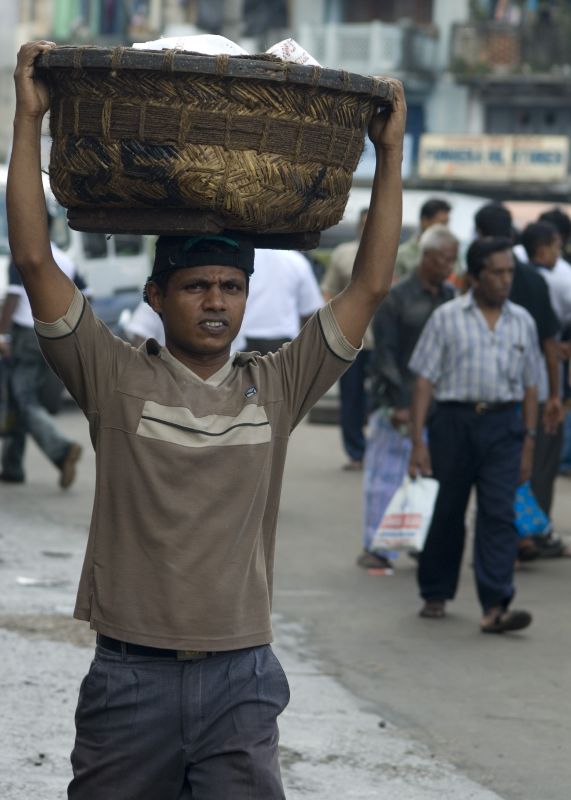






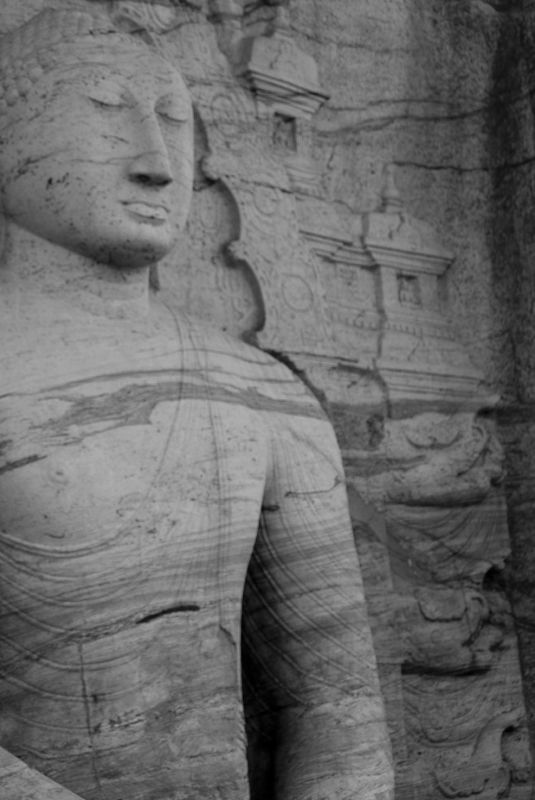








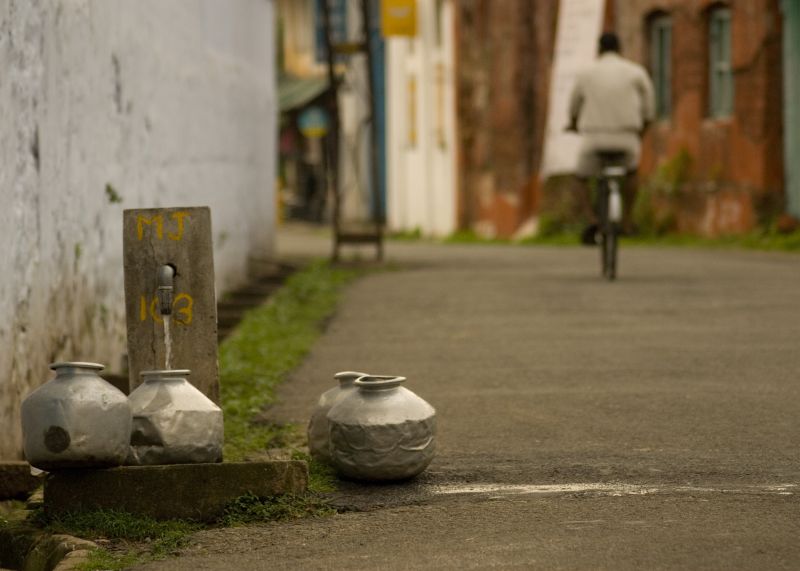



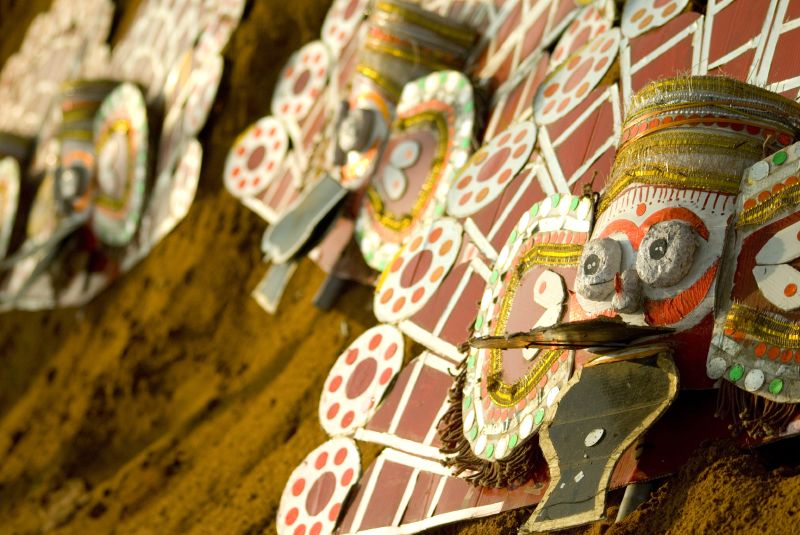





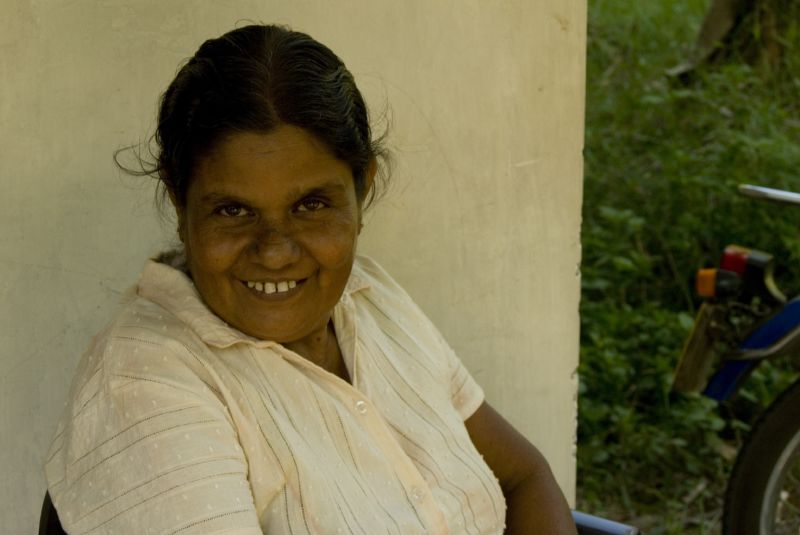
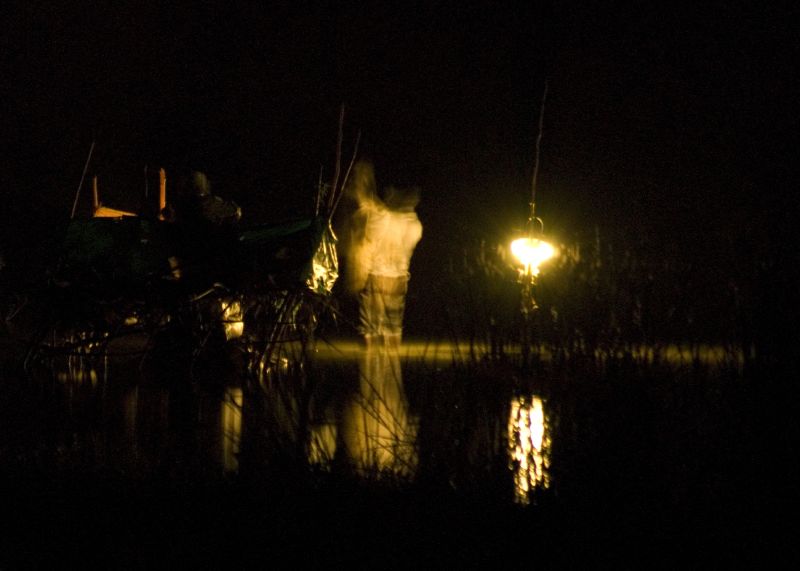






























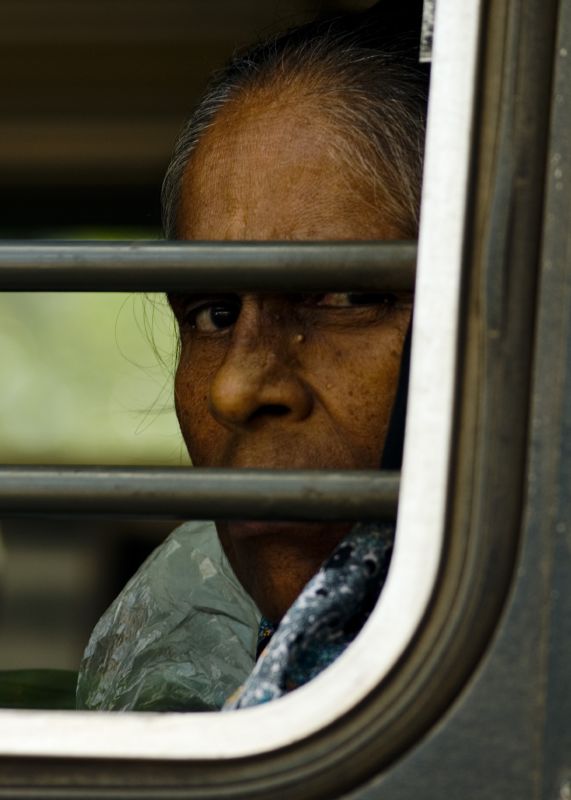
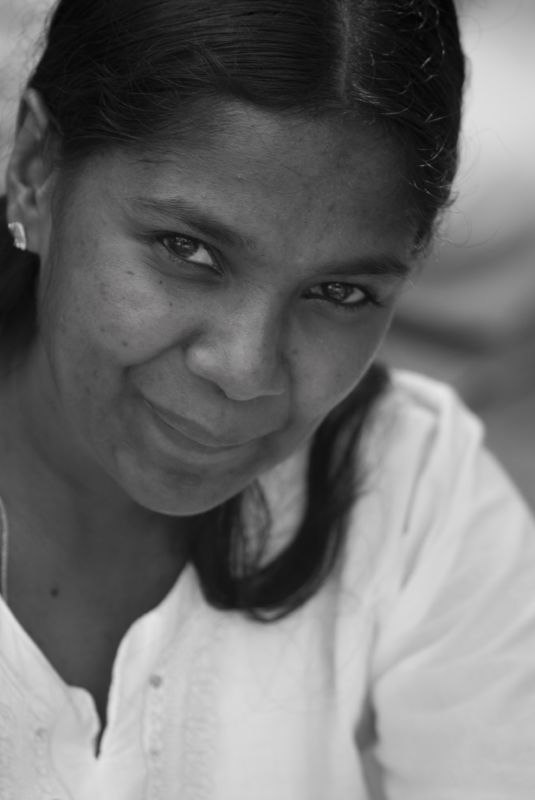

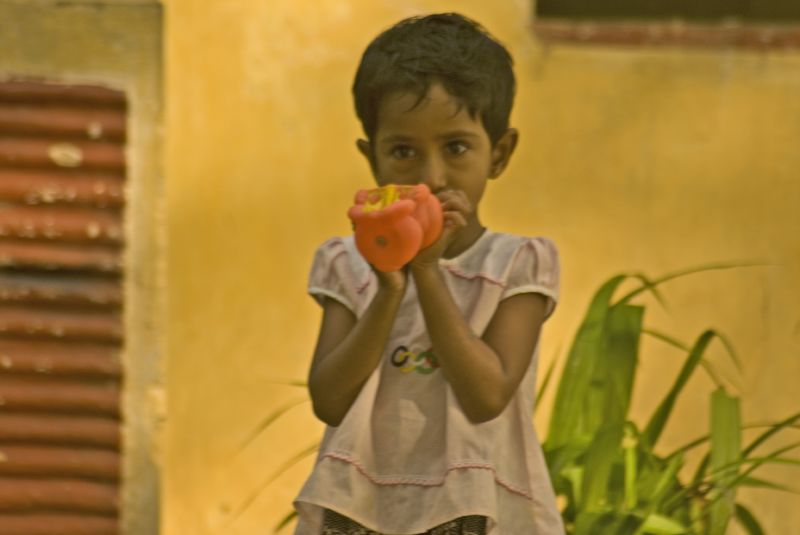

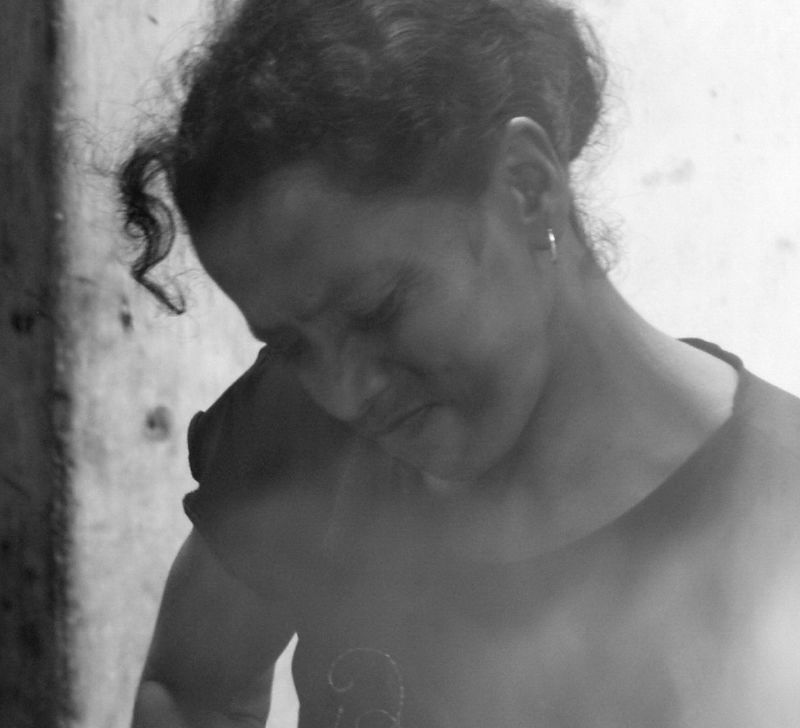



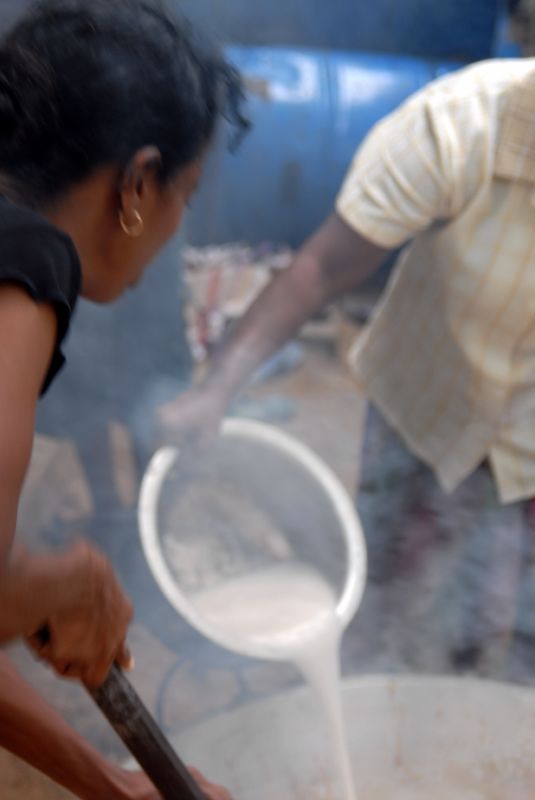
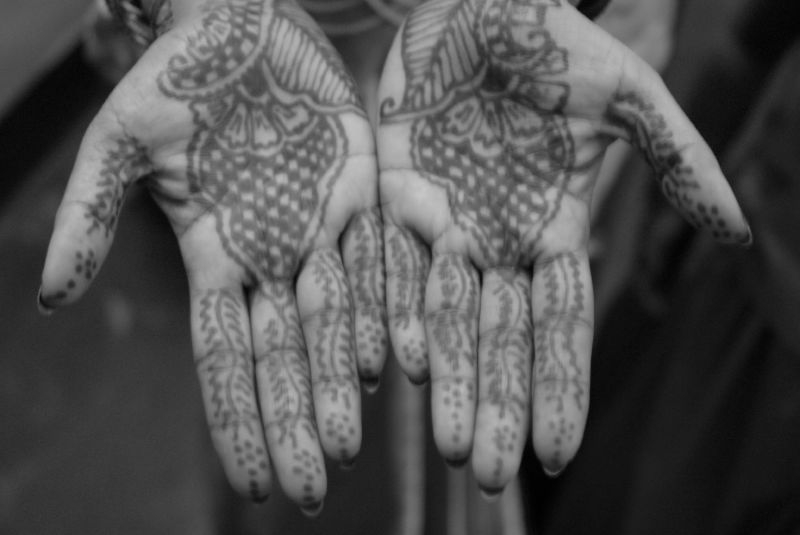

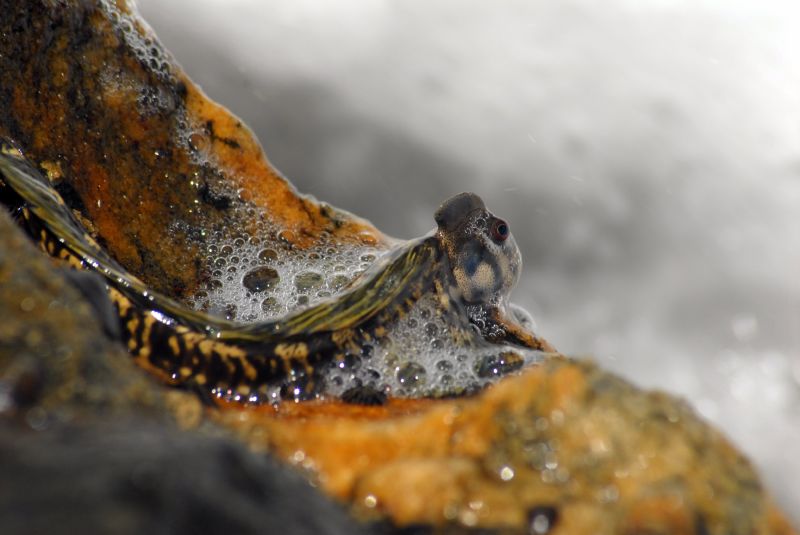
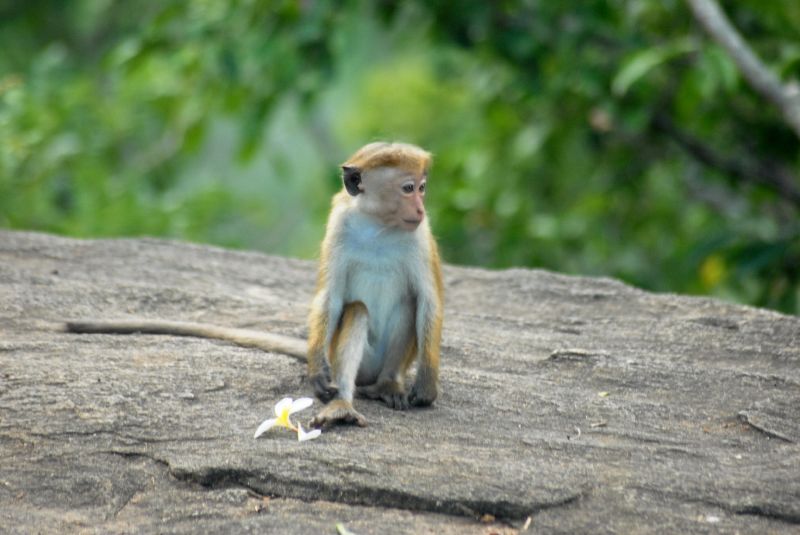

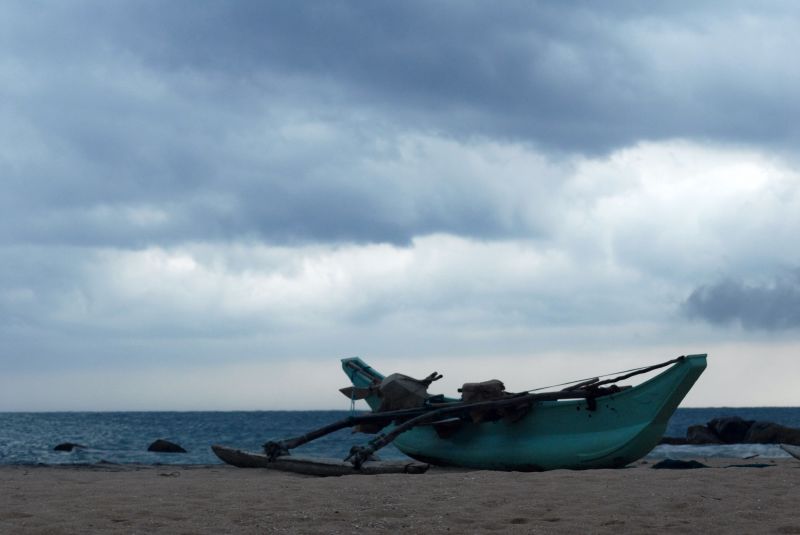
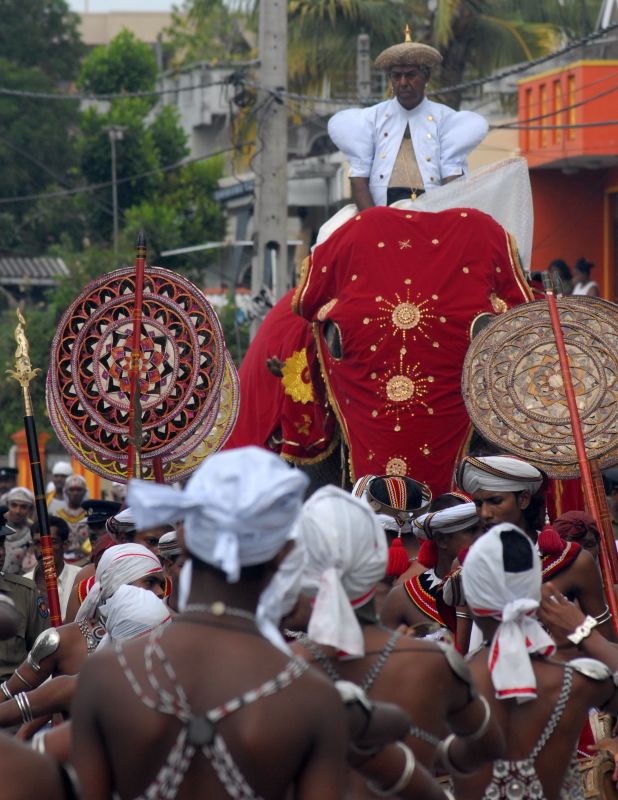
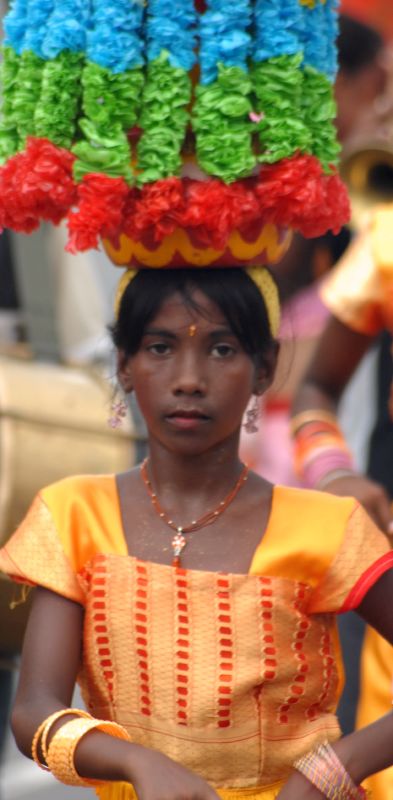
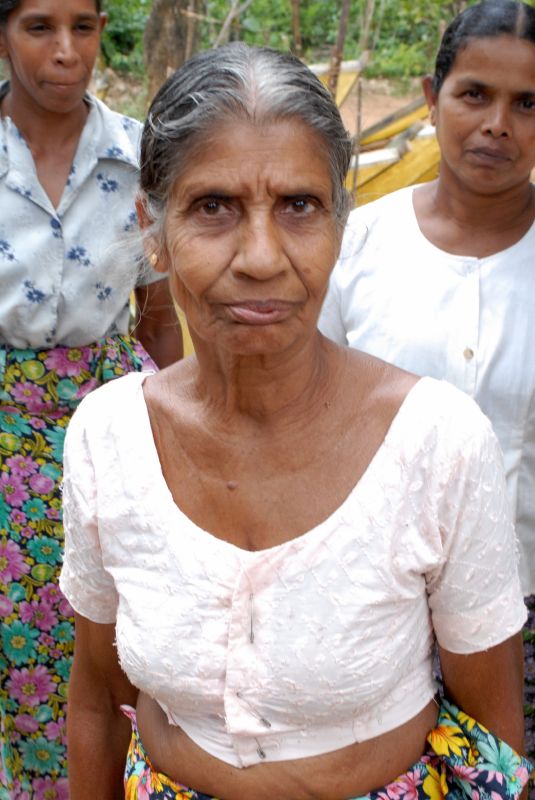

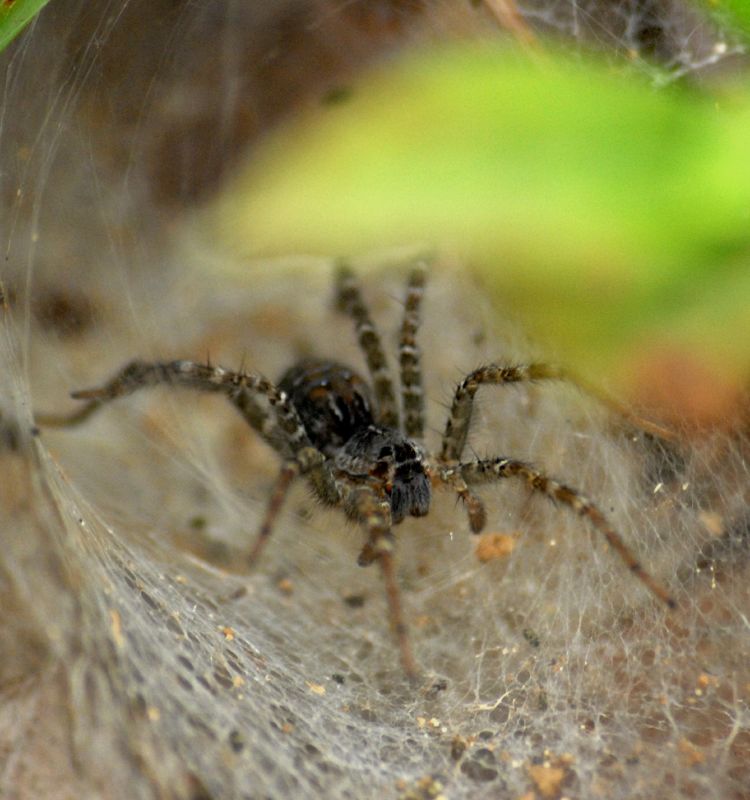
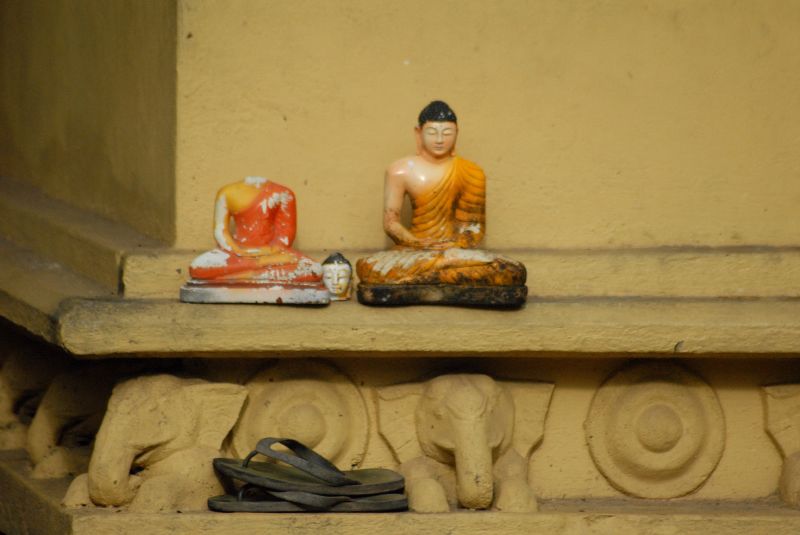
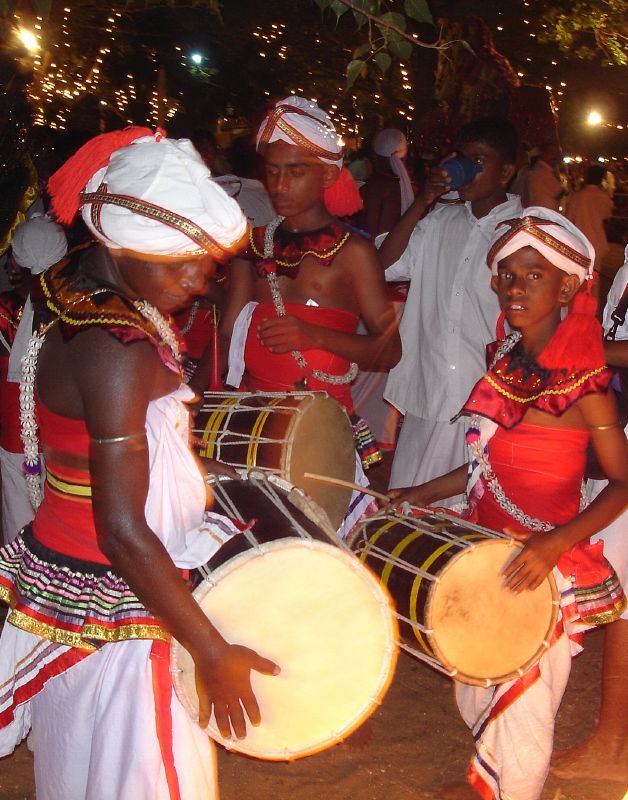

No comments:
Post a Comment